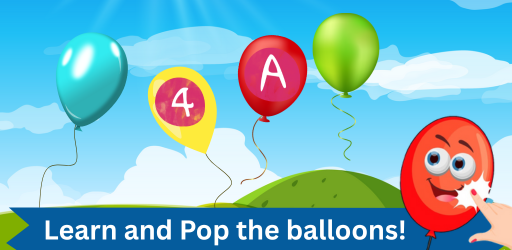Ethical Considerations in Educational App Patents: Balancing Profit and Purpose
Ever wondered what’s behind that educational app you just downloaded? A mix of brainy ideas, loaded with a cocktail of patents designed to protect ’em. But here’s where it gets sticky.
As the geniuses behind these apps navigate patent filing and flashy monetization strategies, there’s a tightrope act going on—one teetering between stacking cash and staying true to education’s core: spreading knowledge. In this article, we will dive deep into this balancing act of ethical conundrums in educational app patents.
Keeping Education Accessible
If you are planning to launch an app that’ll shake up the classroom, it is obvious that you will need cash to keep the project kicking. But, of course, you want an app that helps kids learn without costing an arm and a leg.
That’s why you need to start with the basics for free, and schools can pay for extra fancy features if they want. We’re talking freemium here, where the must-have features are zero-cost, and extras can be unlocked for a few extra bucks. You can also consider scaling prices based on what schools can fork out.
That way, whether a school’s got cash to splash or they’re counting pennies, everyone gets into the learning party. It’s about being fair without going broke—a win-win in the education jungle.
Playing Fair with Patents
Having an awesome educational app means you will want to file for patents in Canada, the US, or anywhere else to prevent others from riding on your innovation. But you might want to think twice before you lockdown every line of code.
While tight patents might keep your stuff safe, they could also keep other smart cookies from making your idea even better or creating their own cool stuff. It’s like having a secret recipe but not sharing it, even though someone else could add an amazing twist.
So, maybe chill on protecting every single button and swipe in your app. By doing this, you encourage a bit more teamwork in the educational tech community – sort of like letting others bring their own ingredients to the table. You can still protect what’s really special about your app while not slamming the door on collaboration.

Mental Math App for Kids
The mental math games are all about the ability of thinking and solving a problem in your head. It builds that critical thinking in a child’s mind and makes him able to deduce solutions to different problems.
Teamwork Makes the App Work
Once you’ve crafted a neat educational app, it becomes kind of your new baby. You don’t want other folks messing with it without at least asking your permission. But here’s the kicker—sometimes sharing the sandbox can lead to building way cooler sandcastles.
Keep some secrets locked up tight but throw open the gates for parts that could benefit from brainstorms with others. Collaboration can mean more brains tackling bugs or adding slick features you didn’t even dream of.
Plus, keeping part of your tech in play for community innovation means everyone gets stronger—like a workout buddy system but for apps. It makes sure we’re all moving towards smarter software without hogging all the gains for ourselves. Open-door policies in educational tech could just be what keeps us ahead of the curve while helping out one another.
Sharing the Wealth of Knowledge
It can feel pretty great when your educational apps start raking in more dough than a bakery on a Sunday morning. But this is about more than just stacking green—it’s also an opportunity to toss some good back into the mix.
Think scholarships that make students do a happy dance or grants that get teachers jazzed up with fresh resources. Mentor programs can also help you feel like you are passing on your Jedi knowledge to young Padawans. This isn’t just throwing money at a problem; it’s like planting seeds that will grow into an orchard of learning awesomeness.
Reinvesting helps keep education vibrant and ensures there’s always new talent bubbling up with ideas we old-timers wouldn’t even think of. Plus, it paints your company in shades of awesome for actually caring about more than just profits.
Conclusion
Crafting educational apps goes beyond patenting them and making profits. It’s about creating an educational tech invention that not only fills up your piggy bank but also sows seeds of knowledge far and wide.
Whether it’s through fair pricing, selective patenting, or investing back into the educational sphere—each choice shapes the legacy you leave in this digital classroom we’re all a part of. Keep it innovative, inclusive, and impactful.









